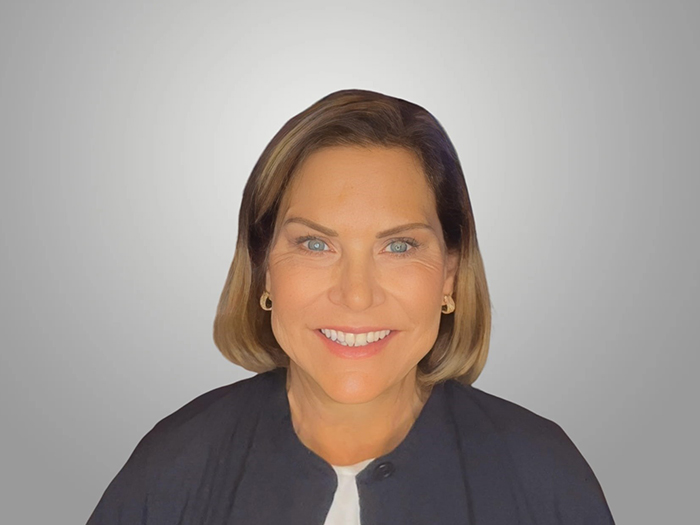Column: Roger's Soapbox
The Thought Police
I wish to make a statement about political correctness. What does that have to do with insurance, you ask? To my mind, everything has something to do with insurance, because anything that affects people affects insurance people, who are often, when all is said and done, people.
“Political correctness gone mad.” How often have you heard that phrase? The best definition of PC I’ve ever come across was written by journalist and author Paul Johnson:
“[It] is invented and enforced … by members of the lower-middle classes with official positions and leftist leanings — municipal librarians, state school teachers, minor employees in central and local government. It is primarily a system of verbal and written censorship, banning all words and expressions likely to ‘cause offence.’
“It is,” Johnson added, “the most comprehensive system of censorship since the days of Hitler’s Germany and Stalin’s Russia.”
Some examples of PC in action: A driver in England was arrested for “revving his car engine in a racist manner.” He had stopped at a traffic light. He was white, some nearby pedestrians, black.
Elsewhere, a man was arrested and held for saying to a mounted police officer: “Your horse is a bit gay.”
A college professor was fired for using the word “niggardly.” The word, the root of which is Scandinavian, means “stingy.” No matter, someone got offended so he’s out.
An angry crowd beat senseless a pediatrician because they thought the word synonymous with pedophile. Sheer ignorance at work there more than political correctness, but it speaks to the moment.
Last month, a church poster stating that unrepentant sinners go to hell was forcibly removed by police. Unable to find any illegality in the poster, they recorded the act of putting it up as a “hate crime.”
Cohabiting in infamy next door to the n-word is now the g-word. The British Broadcasting Corp. last month banned the use of the word “girl” lest it caused offense. Bowdlerizing words merely draws attention to them. We all know what the n-word is; some of us understand that, in its use, context is king. To ban something is to add to its allure.
Rules intended to achieve diversity among the community have resulted in its direct opposite: uniformity of expression.
In the inspirational sentence (wrongly attributed to Voltaire), “I disapprove of what you say, but I will defend to the death your right to say it,” the second half of the sentence has been replaced by “and the expression of your thoughts, since they disagree with mine, will result in your imprisonment.”
Most of the foregoing examples happened in the UK, all within the past three or four years. We are, dear reader, on the highway to, er, a place where it’s intolerably hot and everyone is extremely miserable. No, not Bermuda.
As I said, these matters may not directly affect insurers yet, other than in their capacity as human beings, but sooner or later, someone will accuse the industry of discrimination and the walls will fall.
Oh, wait. It’s already happened. European motor insurers may no longer discriminate between male and female drivers. Their inability to use valuable data on the differences in driving habits between the two groups raised premiums across the board. Ignominy was subsequently piled on the industry.
The road to the h-word is paved with good intentions. It is to that very place that political correctness will assign us.










